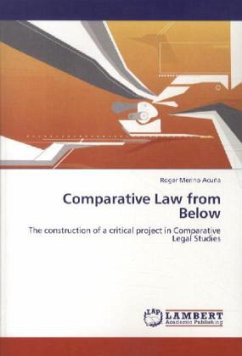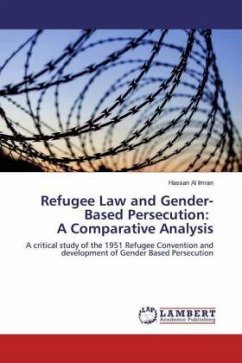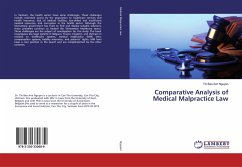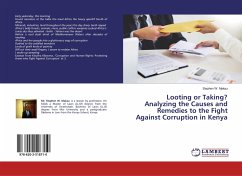Comparative Law has traditionally been a Western and modern discipline. This statement has three meanings: 1) The theoretical mainstream of the discipline has been based on Western schools of thought rooted in the modernity project; 2) The comparatist lawyers from developing countries have transplanted uncritically the mainstream schools of Comparative Law, reinforcing the modernity project; 3) The critical and heterodox approaches to Comparative Law have been promoted, basically, from a Western perspective, and the approaches are very heterogeneous and unconnected. This paper is an attempt to change this reality through the fulfillment of three aims. The first one is to deconstruct the mainstream schools of Comparative Law, understand their limits and how they have been applied in Latin America. The second one is to deconstruct the non-orthodox schools in order to find common elements that can help to shape a critical project from a Latin America perspective. The last one is to propose a basis for a critical project for Comparative Legal Studies.
Bitte wählen Sie Ihr Anliegen aus.
Rechnungen
Retourenschein anfordern
Bestellstatus
Storno








